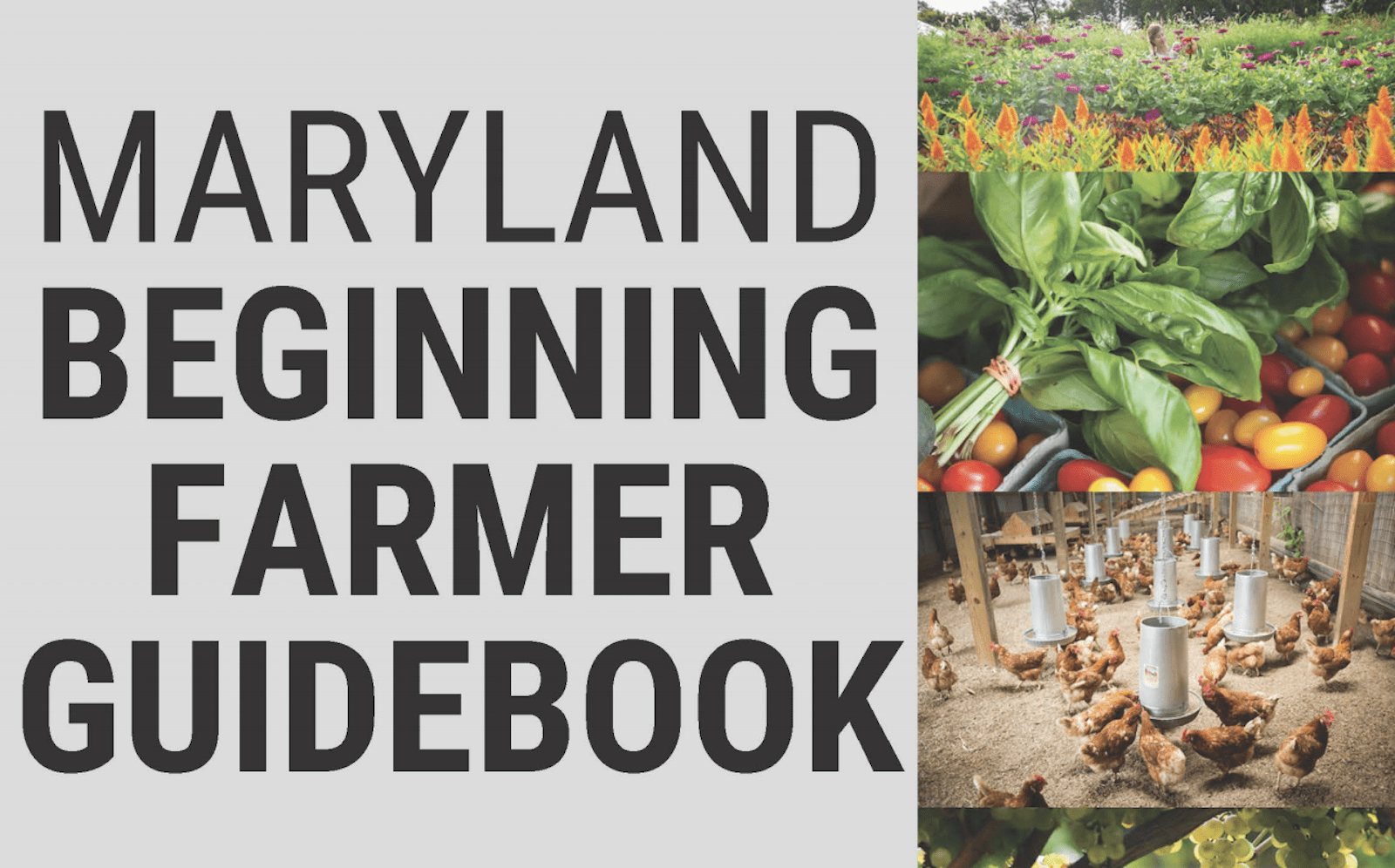Updated: November 20, 2025
Municipal Water Access for Adopt-A-Lot Program Participants & Establishing an Irrigation Account for Property Owners & Renters (EB-2024-0722)
Authors:
Serena Taylor Newton
This publication provides step-by-step instructions for Adopt-A-Lot participants, property owners, and renters on how to access municipal water in Baltimore City, Maryland. Author: Serena Newton; Title: Municipal Water Access for Adopt-A-Lot Program Participants & Establishing an Irrigation Account for Property Owners & Renters (EB-2024-0722).
Updated: July 13, 2022
Understanding a Community Supported Agriculture Agreement: What Should Be Included in a Good CSA Membership Agreement? (EB-424)
Community-supported agriculture (CSA) is a growing business model for farms in Maryland and nationally. In a typical CSA, members pledge to help cover the anticipated costs of the farm’s production for part of or the entire season. And in return the members receive a portion of the farm’s crops over the designated time period of the CSA contract. The CSA model allows farmers to get needed upfront capital at the start of the growing season. At the same time, the model allows members access to fresh locally produced fruits, herbs, meats, or vegetables. At the same time, many growers do not understand how to develop an agreement that works for the business and conveys the risks to the members of the CSA. This publication provides an overview of the model CSA agreement developed by UMD. Authors: Paul Goeringer, Ashley Newhall, Sarah Everhart, and Wele Elangwe. Title: Understanding a Community Supported Agriculture Agreement: What Should Be Included in a Good CSA Membership Agreement? (EB-424)
Updated: April 18, 2022
Privacy Issues and the Use of sUAS/Drones in Maryland (FS-998)
According to the Federal Aviation Administration (FAA), the lawful uses of Unmanned Aerial Vehicles (UAV), also known as Unmanned Aircraft Systems (UAS), or more commonly as drones, are currently limited to military, research, and recreational applications. Under the FAA’s view, commercial uses of drones are illegal unless approved by the Federal government. This will change in the future. Congress authorized the FAA to develop regulations for the use of drones by private parties in the U.S by September 30, 2015 (FAA Modernization Act of 2012). FAA missed this deadline, but expects comprehensive regulations for drones to be completed by June 2016 (Jansen, 2015). History shows that the law rarely keeps up with technology. Courts often struggle when applying existing laws and previous rulings to modern technology. State legislatures can help clearly define some of the rules to guide courts in how to handle new technology. Drones have the potential to benefit producers (through crop and livestock monitoring), but they present new challenges as other groups begin to use the technology. Authors: Paul Goeringer, Ashley Newhall, and John Moyle; Title: Privacy Issues and the Use of sUAS/Drones in Maryland (FS-998)
Updated: February 7, 2021
What Farmers Need to Know about the Worker Protection Standard
Farmers who use pesticide products must use the product in accordance with the label and are responsible for taking certain steps to prevent pesticide exposure and mitigate any pesticide related health consequences for themselves and their employees, co-owners, and family members working on the farm. The Worker Protection Standard requires that when farmers use a pesticide with a WPS-label, they take certain protective measures to reduce the risk of illness or injury associated with exposure to pesticides. Not only is complying with the WPS a legal requirement for farmers who use a WPS-labeled pesticide, but research has shown that the practices required by the WPS benefit the health of farmers, farmworkers, and their families. Organic farmers may not realize that they are subject to the WPS. To comply with federal law and reduce pesticide related risks, all farmers should follow pesticide label instructions and implement the recommended practices. The WPS responsibilities can be broken down into three categories: inform, protect, and mitigate. This factsheet includes a summary of the main WPS provisions.
Updated: February 3, 2021
North and Western Maryland Agriculture Needs Assessment 2017 Survey Results
Authors:
Bryan Butler
- Shannon Dill
- Sherry Frick
- Andrew Kness
- Willie Lantz
- Teresa McCoy
- Matthew Morris
- Jeff Semler
The University of Maryland Extension (UME) conducted an agricultural needs assessment for the seven counties in northern and western Maryland in 2017. This survey will help UME faculty and administration understand issues concerning regional agriculture, identify agricultural and educational needs and focus UME agricultural training and resources.

